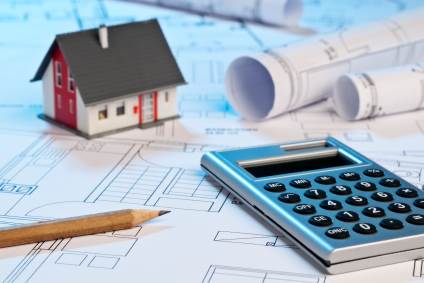
Reading Time: minutes
The concept of residential property investment is simple enough, but making the whole thing work is another story. You have to put a lot of thought into this type of investment, so you'll make enough money to cover the taxes, property cost, and maintenance fees, all while getting a fair return. To minimize risks and maximize returns, careful planning is the key. Here are questions to ask yourself when investing in the residential real estate market.
How will you make money out of your residential investment/s?
Capital appreciation? Some movements and changes in the real estate market can lead to value appreciation. For instance, urban development in the area or improved accessibility can lead to rising house prices in the neighborhood or city. By renovating the residential property, you can also make it a more attractive option to buyers and can sell it at a much higher cost or value, giving you greater returns on investment.
Cash flow income? To generate income from your property investment, you can rent out the space. You can invest in apartment buildings, condo unit/s, rental houses, or vacation homes. You can make profits through rent and even use the money as capital for other investments.
Ancillary investment income? Aside from selling the property and leasing out the space, you can also make more money from your residential investments through ancillary real estate income. For instance, you can set up vending machines, car washes, storage units, or laundry shops within the property.
What kind of residential property are you looking for?
Apartment building? Condominium? House and lot? Townhouse?
You have to choose a property that best matches your investment goals and your capacity as an investor. If you'll assume the role of a landlord, you have to scout for properties that can be rented out easily. You have to manage the facilities yourself and should know how to deal with tenants. If you're most comfortable selling properties, then you should know the current market conditions and forecasts to know what type of house would sell faster, what properties would offer bigger returns on investment, and what would be the best option for you according to buyer demands, price trends, available investment capital, and your expertise as a real estate investor.
Where will you get the capital for your investments?
Retirement funds? Savings? Income from other investments? Mortgage?
You have to explore all financing options. If taking out a loan, look for a mortgage that will give you the best payment plans according to your needs as an investor and your financial situation. You also have to consider all the related expenses when buying a property, such as property taxes, maintenance cost, insurance, legal fees, and purchase price.
Some tips for residential property investors
• Know the real estate market. Think about the current market conditions and trends when choosing a property and location. Keep your goals as an investor in mind when making an investment decision. Explore different investment opportunities while weighing in the risks involved.
• Consider your capacity, preferences, and needs as an investor. Taking a closer look at your current financial situation (assets and liabilities) will help define your investment risks and limitations. Your skills and expertise as an investor will help determine the type of investments that best match your expectations or goals.
• Create a good investment strategy. When it comes to investments, you can't afford to make random decisions. You have to be more strategic in your approach. When renovating a house, for instance, don't just think about your personal style and taste. The design and space should be practical to home buyers, and the project shouldn't exceed a budget if you want to make a good profit. If you're looking for a low-cost property, you may set your sights on foreclosed homes or houses in neighborhoods that are not yet fully developed but have a great potential for growth.

